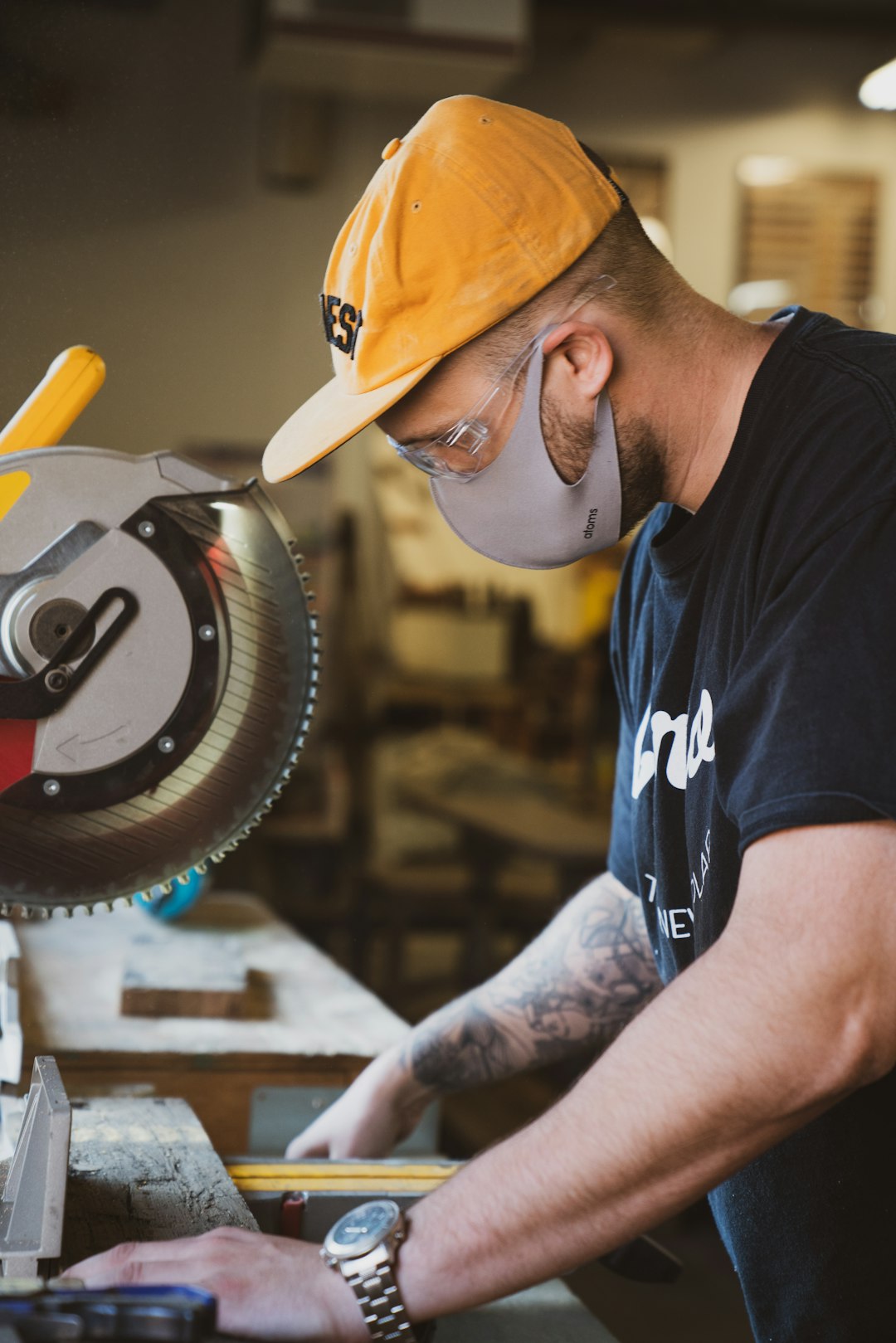As the world continues to progress towards a more technologically advanced future, the manufacturing industry is also experiencing a significant transformation. Smart manufacturing technologies, also known as Industry 4.0, are revolutionizing how goods are produced and businesses are operated. By combining the power of automation, data analytics, and artificial intelligence, smart manufacturing is bringing about increased efficiency, productivity, and innovation in the industry.
One of the key components of smart manufacturing technologies is the adoption of automation in production processes. With the use of robotics and machinery controlled by computer systems, manufacturers are able to streamline their operations and reduce the need for manual labor. This not only increases productivity but also ensures a higher level of consistency and quality in the output of goods. By automating repetitive tasks, workers can focus on more complex and strategic aspects of the production process, leading to overall improved performance.
Another important aspect of smart manufacturing technologies is the integration of data analytics. With the help of sensors and connected devices, manufacturers are able to collect vast amounts of data in real-time from their production lines. This data can then be analyzed to identify patterns, trends, and potential areas for improvement. By leveraging this information, manufacturers can make informed decisions that optimize their processes, reduce waste, and minimize downtime. This data-driven approach enables businesses to respond to changes in demand more quickly and effectively, leading to a competitive advantage in the market.
Artificial intelligence (AI) is also playing a significant role in the rise of smart manufacturing technologies. By using machine learning algorithms, AI systems can analyze data and make predictions, allowing manufacturers to anticipate problems before they occur. AI can also be used to optimize production schedules, predict maintenance needs, and even support the development of new products. This intelligent decision-making capability is enabling manufacturers to operate more efficiently and effectively than ever before.
The benefits of smart manufacturing technologies are not limited to large corporations. Small and medium-sized enterprises (SMEs) are also embracing these innovations to stay competitive in the global marketplace. By investing in smart technologies, SMEs can increase their production capacity, improve product quality, and reduce costs. This level playing field allows businesses of all sizes to leverage the power of automation, data analytics, and AI to drive growth and success.
Furthermore, the rise of smart manufacturing technologies is also contributing to a more sustainable future. By optimizing processes and reducing waste, manufacturers are able to minimize their environmental impact and conserve resources. Automation can also lead to energy savings and reduced carbon emissions. In addition, by utilizing predictive maintenance through AI, manufacturers can extend the lifespan of their equipment, leading to less waste and a lower overall environmental footprint.
Overall, the rise of smart manufacturing technologies is reshaping the industry and creating new opportunities for growth and innovation. By embracing automation, data analytics, and artificial intelligence, manufacturers are able to enhance their productivity, efficiency, and competitiveness. The benefits of smart manufacturing extend beyond the factory floor and are transforming the way businesses operate and succeed in the 21st century.
In conclusion, the future of manufacturing is smart, and those who embrace these technologies will be at the forefront of innovation and success. By investing in automation, data analytics, and artificial intelligence, manufacturers can revolutionize their operations and unlock new levels of efficiency and productivity. The rise of smart manufacturing technologies is not just a trend but a fundamental shift in the industry that is here to stay.


